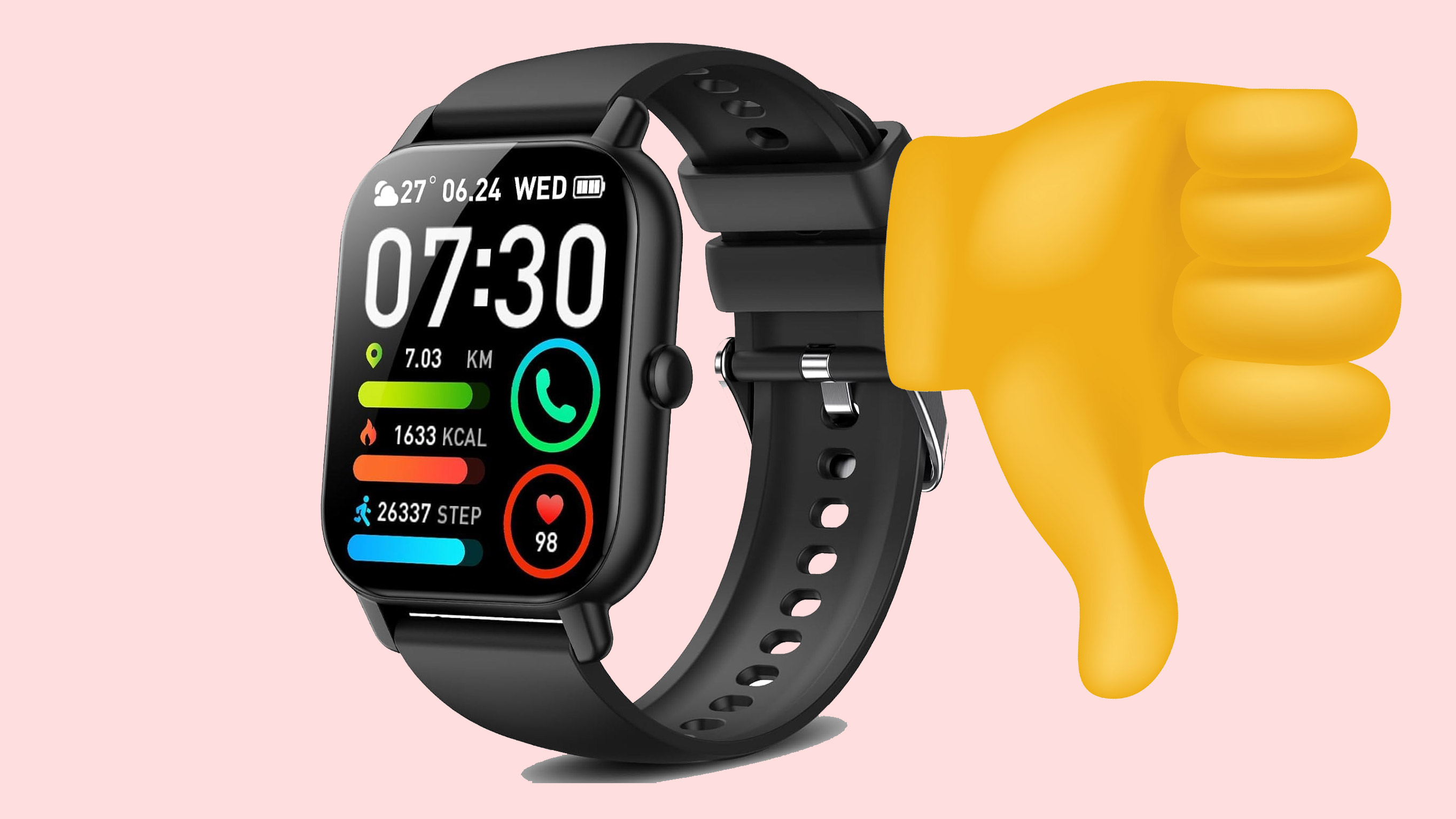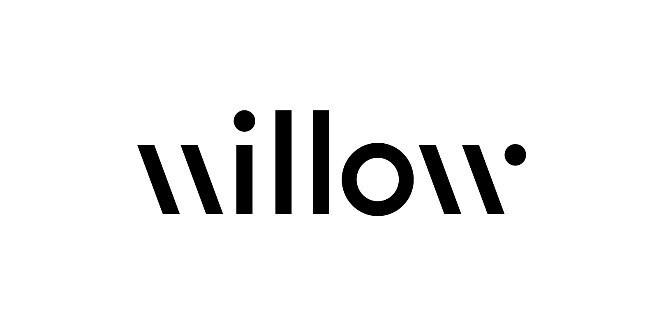The are almost upon us, and although the sales period isn’t due to officially kick off until Tuesday, July 16, some of the earliest are already live right now. Historically, Prime Day has been an opportunity to get the , , best running watches, or even at a sizeable discount, saving potentially hundreds of dollars or pounds. Cheap fitness trackers are also in the mix, so you can pick up a band like the or for a song.
However, the very cheapest deals are always reserved for watches with names on Amazon like (and this is verbatim) “ .” Catchy. The reason this smartwatch is named thus is so it shows up in more searches around these keywords, so a shopper looking for “fitness tracker with heart rate” will find it further up the list of results.

I’m seeing an increased amount of these very cheap watches this year, even on the “suggested” entries when I search keywords like “ Watch” or “ Watch.” Those keyword-heavy listings are working, and Amazon seems not to be punishing the stores for gaming the system, so they must be getting bought. I suppose it makes sense: after all, the similarly-priced $20 / £15 /AU$26 F-91W is the best-selling watch in the world.
The big difference here is that the Casio F-91W is notoriously ultra-reliable, as well as being ultra-cheap. I’m not going to wax lyrical about this (you can read my love letter to this here), but I can tell you these cheap smartwatches aren’t nearly as reliable as the humble plastic Casio. The Smart Watch for Men Women Answer/Make Call is actually produced by a company called AcclaFit, and I had the dubious pleasure of as part of a "$20 challenge" article.
I was initially impressed with the number of features on offer but concluded its lack of accuracy in most features made it pretty much unusable for anything other than a rough guesstimate. I also tested a cheap fitness tracker, the and concluded it was unusable. More than that, it was potentially dangerous, supplying people looking for accurate fitness metrics with false information.
Even if it’s not displaying your data correctly, it’s still sending your health data, perhaps the most valuable data set you can ever give away, to a server somewhere for undisclosed purposes. Most name-brand smartwatches have privacy policies that lay out how your data is treated: Apple published a white paper on how it handles users’ health data, and even is subject to GDPR and other protective data legislation. I hit a dead end when attempting to track down AcclaFit and Viido’s data privacy policies.
The Viido website was actually, hilariously, flagged by my computer’s antivirus software, so I chose not to pry any further there. AcclaFit has no online presence beyond a Facebook group with around 20 followers. I got a little further by finding its apparent parent company, Shenzhen Wanchuangxing Technology Co.
, Ltd., and its Alibaba page, but I could find no info on its usage of user data. It actually sells industrial manufacturing equipment as well as consumer-focused health trackers.
So, if they’re borderline useless as wearables and potentially harmful when it comes to using your data, the conclusion is: don’t fall for it, even if they look like Apple Watches or Fitbits. Tell your less tech-savvy friends and family not to buy them, should they be thinking of doing so - even as gifts. Instead, check out the great deals on more useful devices, and buy a tracker that’s actually good by spending a little bit more money.
Amazon Prime Day deals in the US More Amazon Prime Day deals in the UK.


















